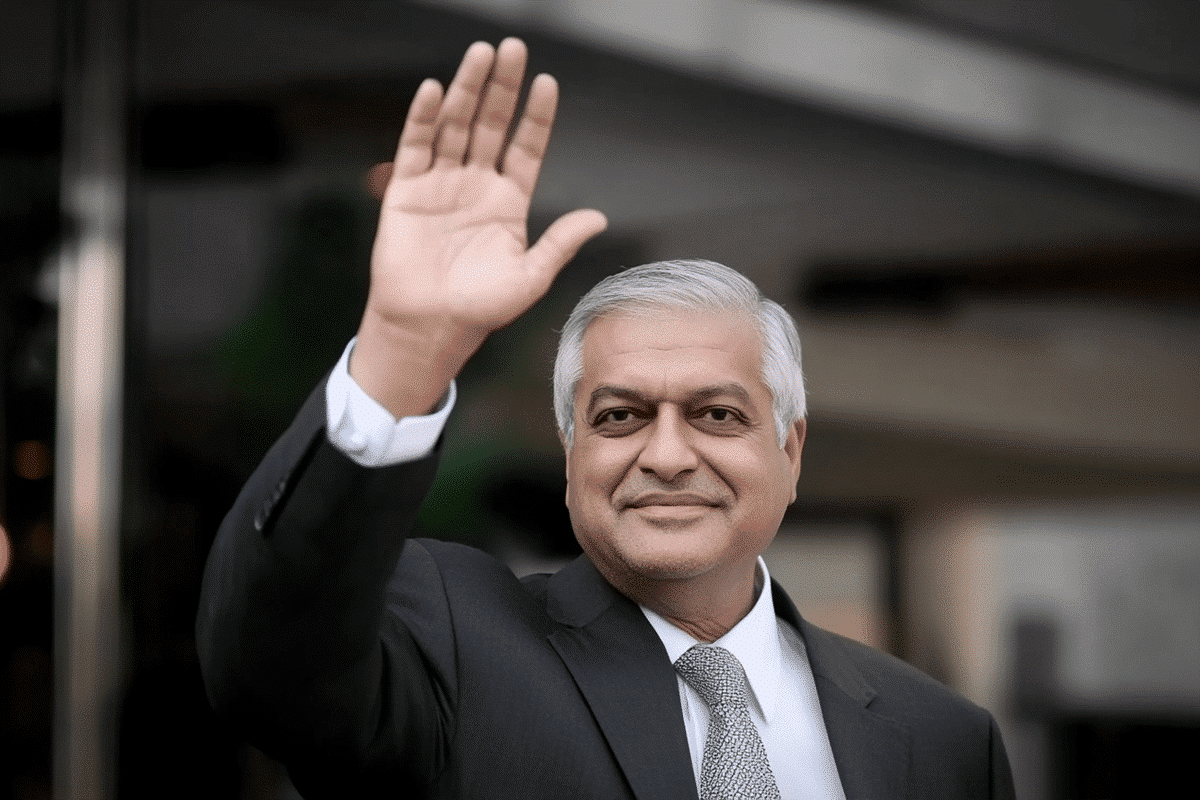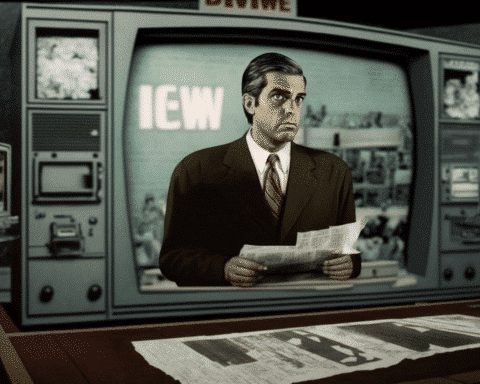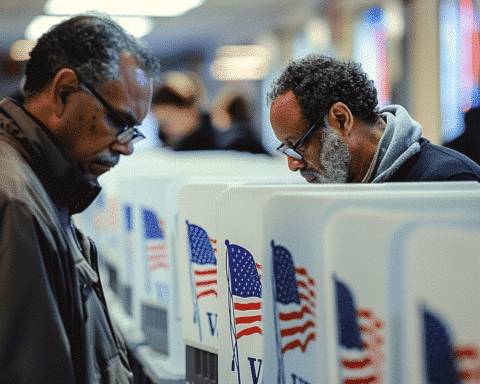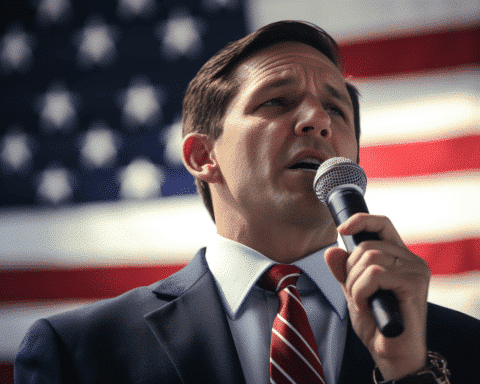Sri Lanka’s upcoming presidential election, set for September 21, 2024, has made history with a record 39 candidates approved to run by the country’s elections commission. This unprecedented number of candidates highlights the significance of the election, which will play a crucial role in determining the future of Sri Lanka’s financial reforms amid an ongoing economic crisis.
The head of the elections commission, R.M.A.L. Rathnayake, confirmed the acceptance of all 39 applications received. This election will see more than 17 million eligible voters casting their ballots. In comparison, the last presidential election in 2019 saw 35 candidates contesting.
The election is widely regarded as a referendum on the economic reforms initiated by current President Ranil Wickremesinghe. Under his administration, Sri Lanka has seen some improvement in key economic indicators, although the benefits of these reforms have yet to be fully realized by many ordinary citizens.
Sri Lanka is currently navigating a critical debt restructuring and financial reform program under the guidance of a bailout program from the International Monetary Fund (IMF). The country has been grappling with unsustainable debt, a severe balance of payments crisis, and the lingering effects of the COVID-19 pandemic. Additionally, the government’s decision to use scarce foreign reserves to stabilize the national currency, the rupee, led to severe shortages of foreign currency and essential goods, including fuel, medicine, cooking gas, and food, in 2022.
The economic turmoil and resulting shortages of essentials triggered widespread riots, ultimately forcing then-President Gotabaya Rajapaksa to flee the country and resign. Parliament subsequently elected Wickremesinghe to serve out the remainder of Rajapaksa’s term.
Wickremesinghe is now seeking re-election, campaigning on a platform that promises rapid economic growth with the ambitious goal of transforming Sri Lanka into a developed nation by 2048, the centenary of its independence from Britain. His administration has made notable progress, with inflation dropping to around 5% from a staggering 70% two years ago. Interest rates have decreased, the rupee has rebounded, and foreign reserves have increased. Major creditor countries, including India, Japan, and France, have agreed to defer debt repayments until 2028, providing Sri Lanka with the necessary space to rebuild its economy.
Despite these improvements, the government’s economic policies have faced criticism. Professionals and businesses have expressed dissatisfaction with higher taxes, while the general population continues to struggle with the high cost of living. Additionally, some critics accuse Wickremesinghe of protecting allegedly corrupt members of the previous administration in exchange for their support of his reforms in Parliament.
Wickremesinghe’s primary challengers include opposition leader Sajith Premadasa and Anura Dissanayake, the leader of a leftist political party that has gained popularity among those who blame traditional parties for the country’s economic woes. Both Premadasa and Dissanayake were unsuccessful in the 2019 presidential election, while Wickremesinghe also has a history of unsuccessful presidential bids in 1999 and 2005.
Another prominent candidate is Namal Rajapaksa, son of former President Mahinda Rajapaksa and nephew of the ousted President Gotabaya Rajapaksa. Namal Rajapaksa’s candidacy will be a significant test of how much support the Rajapaksa family, once a powerful political dynasty, still retains following the economic crisis.
The Rajapaksa family has played a prominent role in Sri Lankan politics since the country became a democracy after gaining independence from Britain in 1948. Mahinda Rajapaksa’s leadership in ending a 26-year civil war during his presidency from 2005 to 2015 elevated the family’s popularity to its peak. However, the recent economic crisis has tarnished their legacy, and the upcoming election will reveal whether they can regain their former influence.
As Sri Lanka approaches this critical election, the focus remains on how the next president will navigate the ongoing economic challenges and implement policies that will bring tangible benefits to the population. The outcome will determine the direction of the country’s financial reforms and its path to recovery.




